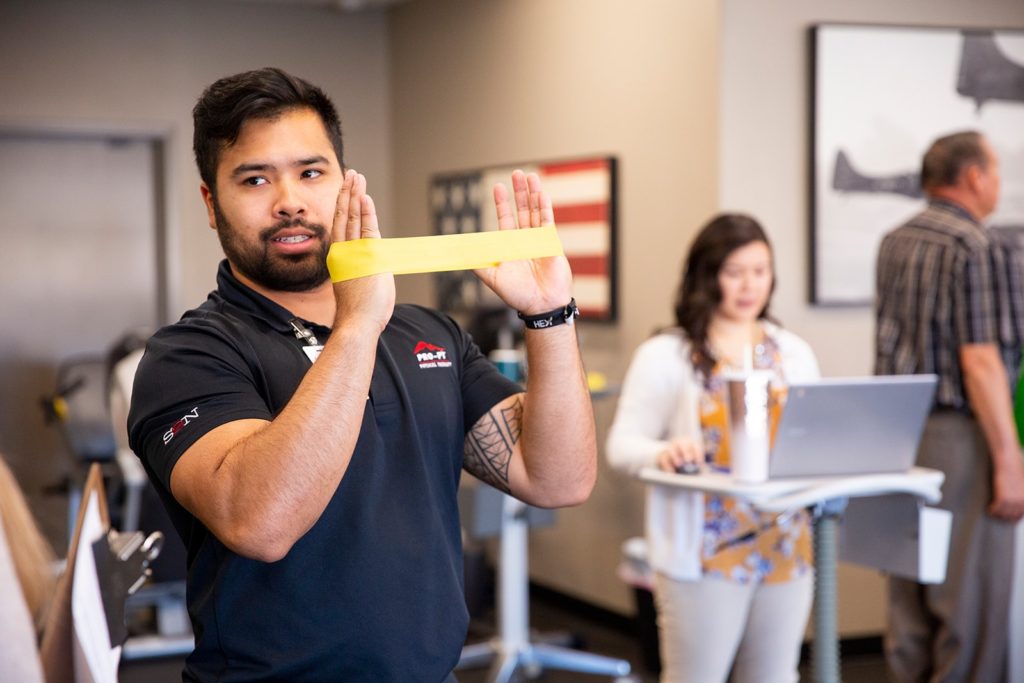
One of the primary advantages of self-monitoring is increased responsibility. When people track their actions, they are increased likelihood to stay committed to their health goals. For example, documenting down meals consumed or workouts completed can create a sense of responsibility. This responsibility can be additionally enhanced by communicating progress with peers or family members. Support from others can inspire individuals to adhere to their plans and support them during difficult times. As a consequence, self-monitoring can lead to a stronger commitment and a higher likelihood of reaching desired outcomes.
Self-monitoring also encourages self-awareness. By regularly reflecting on one’s behaviors, individuals can recognize cues that lead to unhealthy decisions. For example, someone might realize that they tend to graze more when they are anxious. Acknowledging these habits enables people to develop strategies for coping with challenges. They might choose to participate in physical activity instead of grabbing for junk snacks during stressful times. This increased go to this site self-awareness can be motivating, allowing people to take control of their health and make positive changes.
In addition, using technology can enhance the self-monitoring process. Many apps and devices are available that assist track exercise, diet consumption, and additional pertinent metrics. These resources provide easy access to information about one's progress over time. Visualizing this data can be motivating, as individuals Learn More can see how far they have come. The use of technology also allows for customization of fitness plans, making it easier to establish realistic goals based on personal preferences and lifestyles. As innovation continues to advance, it offers greater possibilities for people to participate in efficient self-monitoring.
Finally, self-monitoring can lead to permanent habit change. By regularly monitoring practices and implementing modifications based on observations, individuals can develop healthier lifestyles. This sustained methodology promotes people to consider critically about their decisions and nurtures a mindset geared towards continuous improvement. As modifications become embedded in everyday practices, individuals are more likely to maintain their advancements. In conclusion, self-monitoring can change not only fitness well-being but also comprehensive health, making it an essential resource for anyone on a path to better health.